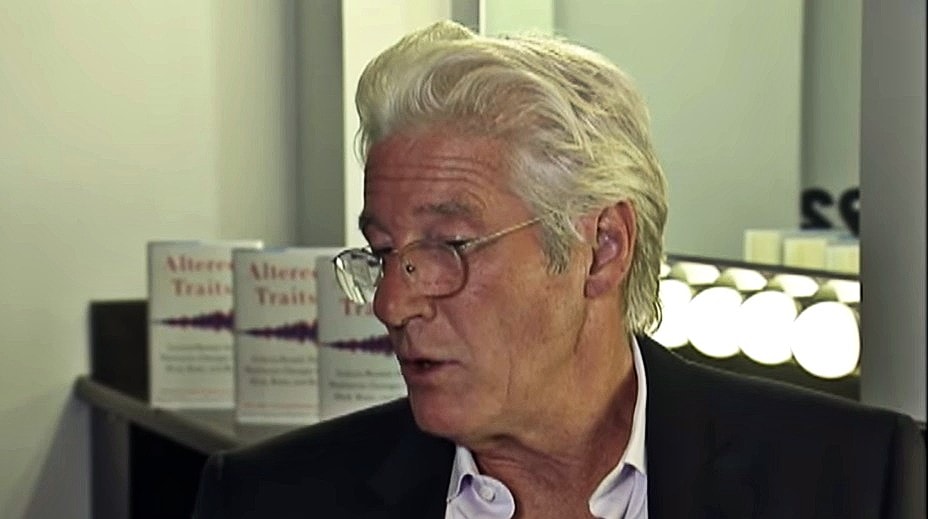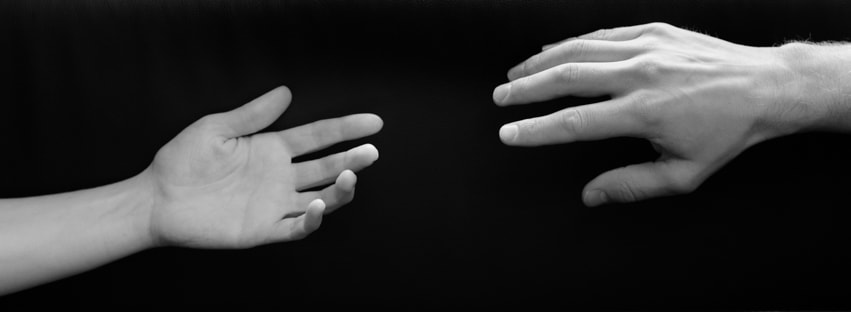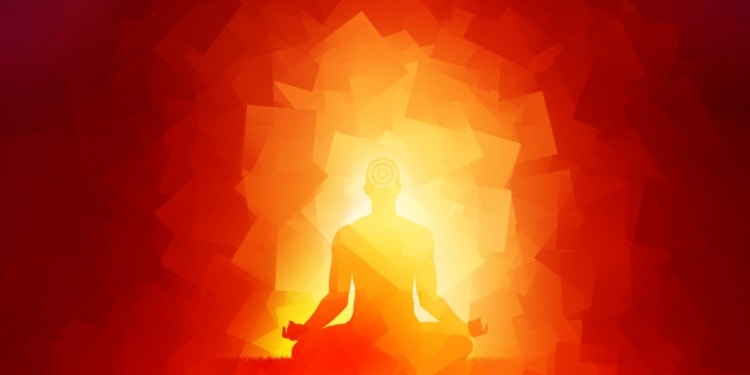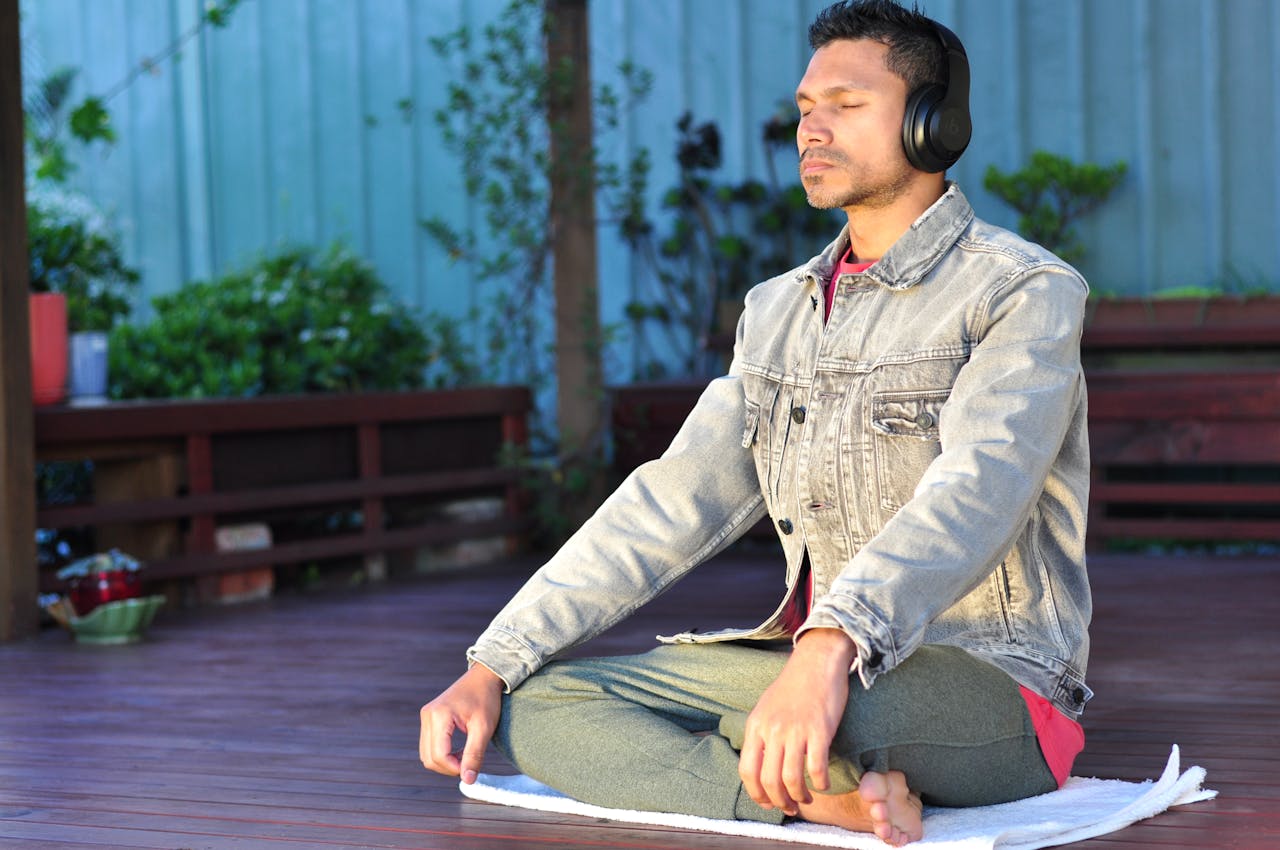In today’s world, there are legitimate reasons to worry about everything from macro concerns such as international, regional and internal political disruptions, to the specter of nuclear confrontation or fears of another pandemic. At the micro level, in most individual lives at some point, we have to deal with financial and family stress, worries about electronic hacking, and street crime, and in many of us worry about looks, e.g. whether one is too heavy, or too light, for instance. This is where meditation comes in.
But in today’s world, meditation appears as an alternative to modern medicine that has provided a broad range of pills or treatments to bring us down from the worst of our worried state. And certainly, that works as miracles for many.
The disadvantages of going the medical route, leaving aside costs, is that we find ourselves dependent on availability, accessibility, and safety. The latter is of no small concern for the individual: a drug without short or long-term negative side effects is practically impossible to find. We all know from seeing advertisements in the United States or in Europe from reading what is in the accompanying legal leaflet explaining the drug that there is always a lengthy list of possible deleterious effects.
 The accidental death of Matthew Perry, the TV star of “Friends”, is a tragic illustration of what can happen with even the unintentional misuse of such medical options. According to the official toxicology report, his death is at least partly attributed to “the acute effects of Ketamine”, which is a drug used as treatment for depression and pain.
The accidental death of Matthew Perry, the TV star of “Friends”, is a tragic illustration of what can happen with even the unintentional misuse of such medical options. According to the official toxicology report, his death is at least partly attributed to “the acute effects of Ketamine”, which is a drug used as treatment for depression and pain.
As mentioned above, there is the option of meditation, a way to internalize and calm, which has none of the above risks or side effects, nor much if any costs, other than a mat and possibly a teacher and class.
What is principally involved is setting aside time to meditate. It requires focusing the mind and eliminating streams of thoughts that contribute to stress and anxiety.
With effort and concentration – and daily practice – any individual can achieve a state of relaxation and heightened awareness; this helps enhance emotional well-being by promoting a greater sense of self-awareness and mindfulness. Meditation is seen by many as a means to heighten self-awareness, improve focus and concentration, or help control substance addition.
Even a person with deep-seated negative emotions such as fear, anger, or sadness can benefit from the practice of meditation: Through it, such a person will learn to observe her or his emotions without judgment. This allows for the cultivation of a greater sense of emotional resilience and inner peace.
In addition, studies have shown that regular meditation practice can have other health benefits. For example:
- Lowering blood pressure: this can be achieved now that scientists are learning more about how mental changes can affect the cardiovascular system. and a tool in dealing with disorders caused or made worse by stress.
- Improvement in sleep quality: It leads to reduced daytime impairment and is therefore important for people having problems initiating and maintaining sleep, especially older people.
- Immune system enhancement: Research has shown that it is possible to boost the immune system with short-term intense meditation and it works through affecting the biological processes in disease development.
 Other studies have suggested that regular meditation can go further in having lasting positive changes, as described in the book “Altered Traits – Science Reveals How Meditation Changes Your Mind Brain and Body”, by science journalist Daniel Goleman and neuroscientist Richard Davidson.
Other studies have suggested that regular meditation can go further in having lasting positive changes, as described in the book “Altered Traits – Science Reveals How Meditation Changes Your Mind Brain and Body”, by science journalist Daniel Goleman and neuroscientist Richard Davidson.
In these times when emotional stability and health concerns are at the forefront of everyone’s minds, meditation support for our overall well-being is especially valuable. However, the effects can vary depending on the individual and the type of meditation practiced so that one should consult a health professional before starting any new regimen.
Many different reasons and ways to meditate
Meditation has been of benefit to some of the world’s best-known leaders in industry and entertainment. Among them are Bill Gates and Steve Jobs, Paul McCartney, Oprah Winfrey, Emma Chamberlain, and Katy Perry.
Richard Gere has spoken regularly about how daily meditation has changed his life, including in a video interview available on Youtube:

Jerry Seinfeld calls it “the absolutely ultimate work tool”, in his very intensive profession, helping to reduce stress, increase energy, and stay focused.
About one in 10 British Members of Parliament over the last decade have had meditation training delivered by the parliamentary authorities. People in the public space have their own explanations for doing so, whether to increase clarity, enhance creativity and/or overall performance.
For the average citizen who doesn’t need to focus on political issues in her or his daily life, there are multiple reasons for doing so. Meditation is not one single approach, with many different forms, designed to achieve different objectives. Below are brief descriptions of nine popular versions, drawn from a recent Healthline article:
- Mindfulness meditation originates from Buddhist teachings and the practice is to pay attention to thoughts as they pass through your mind, but neither judge the thoughts or become involved with them; simply observe and take note of any patterns;
- Spiritual meditation often is part of religions and spiritual traditions; according to a 2017 studyTrusted Source, spiritual meditation focuses on developing a deeper understanding of spiritual/religious meaning and connection with a higher power; examples include Christian contemplative prayer, Sufi dhikr (remembrance of God), and Jewish kabbalistic practices;
- Focused meditation involves concentration using any of the five senses. For example, you can focus on something internal, like your breath, or you can bring in external influences to help focus your attention, such as listening to a gong, counting breaths
- Movement meditation in addition to yoga, may include walking. running, gardening, qi gong, tai chi
- Mantra meditation is prominent in many teachings, including Hindu and Buddhist traditions, and uses a repetitive sound to clear the mind: It can be a word, phrase, or sound, one of the most common beings “om.”
- Transcendental Meditation (TM) is a type of meditation that’s been the subject of numerous studies in the scientific community, and refers to way to quiet the mind and induce a state of calm and peace.
- Progressive Relaxation meditation, also known as body scan meditation or just progressive relaxation, aims at reducing tension in the body and promoting relaxation.
- Loving-kindness meditation deals with feelings of compassion, kindness, and acceptance toward oneself, receiving such feelings from others, and returning such well wishes. to loved ones, friends, acquaintances, and all living beings.
- Visualization meditation focuses on visualizing positive scenes, images. It involves imagining a scene and using all senses to add as much detail as possible.
An individual choice of meditation type will depend on a number of factors, but nowadays, accessing to most in terms of information, teachers, or possible joint sessions, is far less of a challenge thanks to internet technology, including zoom and other ways to connect.
The long history of traditional forms of meditation, coupled with new research and techniques, make a strong case for exploring and subsequently giving one or another form a try.
The downsides of meditation
Nothing is without some unwanted side-effects, risks or limits.
Meditation can lead to troubling sensations—Buddhist traditions have often referred to the varying effects of meditation.
As Dr. Willoughby Britton, the director of the clinical and affective neuroscience laboratory at Brown University, has said: “The term nyams refers to a wide range of ‘meditation experiences’—from bliss and visions to intense body pain, physiological disorders, paranoia, sadness, anger and fear.” He also wrote: “Zen traditions have also long acknowledged the possibility for certain practice approaches to lead to a prolonged illness-like condition known as ‘Zen sickness’ or ‘meditation sickness.'”
Some refer to it as “The Dark Knight of the Soul” – “more curse than cure” – a phrase co-opted from the Roman Catholic meditative tradition.
Shinzen Young, a neuroscience consultant who works with universities wrote: “This phenomenon, within the Buddhist tradition, is sometimes referred to as ‘falling into the Pit of the Void.’ It entails an authentic and irreversible insight into Emptiness and No Self.
What makes it problematic is that the person interprets it as a bad trip. Instead of being empowering and fulfilling, the way Buddhist literature claims it will be, it turns into the opposite. In a sense, it’s Enlightenment’s Evil Twin”, as there is a lot psychologists still don’t understand.
Dr. Britton started Cheetah House, which specializes in taking care of meditators in distress. (Its name is a play on the Pali and Sanskrit word citta, which means “mind.”)

Further, she has also been concerned about a growing tendency to dole out meditation like a generic multivitamin. “I don’t see that the programs or the apps or people who are teaching it are taking responsibility for these people,” she says. “If they’re calling me, then they’re not getting the help they need from the people who are teaching them.”
To meditate or not
The potential benefits of engaging in some form of meditation substantially outweigh the possible negative consequences. It is clear however, given the potential downsides, that one should not embark on this course of action alone, or without seeking advice or support from a professional who knows you and your specific needs.
For many the first steps are the hardest, making a regular commitment of time is a huge obstacle, but clearly it beats the alternatives.
Shakespeare’s character Polonius in Hamlet advises “to thine own self be true”. Meditation is a pathway to do so.
Editor’s Note: The opinions expressed here by the authors are their own, not those of Impakter.com — Featured image: Meditation by RAJESH Misra (publicdomainpictures.net) Source: Needpix.com







